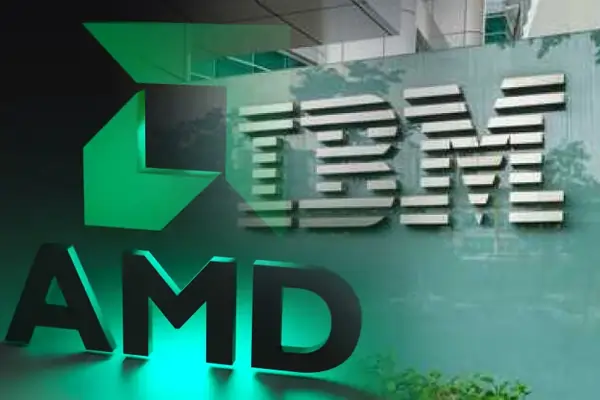New partnership combines quantum computing and high-performance systems to solve global challenges.
IBM and AMD have announced a thrilling new partnership to develop hybrid quantum-classical supercomputer technologies. Under this partnership, IBM's quantum computers will be paired with AMD's high-performance computing hardware, such as CPUs, GPUs, and FPGAs, to address global challenges. The aim is to build a quantum-led supercomputing paradigm that converges quantum, AI, and classical computing technologies. Quantum computing relies on qubits, which use quantum mechanics to process information in manners that are not possible with classic computers. Such advanced systems are specifically designed to simulate molecules and solve issues in drug discovery and material research. But classical supercomputers are still required to process enormous amounts of data and analyze it. By combining the two, IBM and AMD envision optimizing performance through each machine doing what it does best, therefore overall efficiency.
The CEO of IBM, Arvind Krishna, emphasized the possibility of this partnership in expanding the reach of contemporary computing. Krishna is of the view that the combination of IBM's quantum capabilities with AMD's innovative HPC technology will make it possible to achieve history-defying supercomputing achievements. Aside from collaborating on hybrid systems, IBM and AMD will also collaborate on building open-source ecosystems, such as Qiskit, to drive innovation and create new quantum algorithms. The collaboration is meant to drive scientific discovery and innovation in fields such as healthcare, aerospace, and logistics. The initial demonstration of the hybrid system will be later this year when IBM quantum computers will be coupled with AMD's technologies to execute real-world quantum-classical workflows. With such cooperation, both firms anticipate transforming the way one approaches solving complex global issues beyond what is possible with traditional computing. With the merger of the capabilities of traditional and quantum computing, AMD and IBM are enabling a new era of supercomputing.
.webp)










.webp)































.webp)
